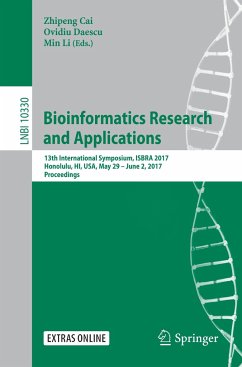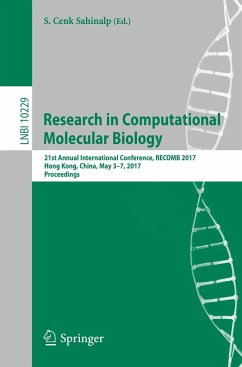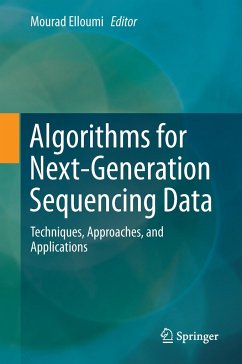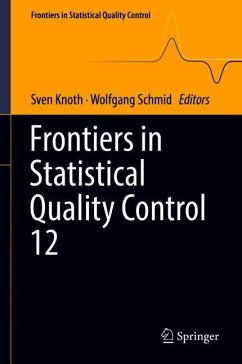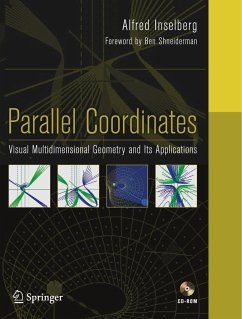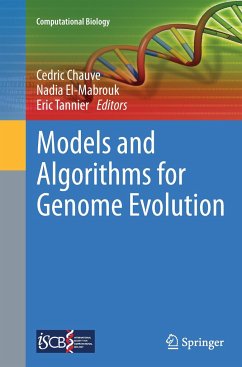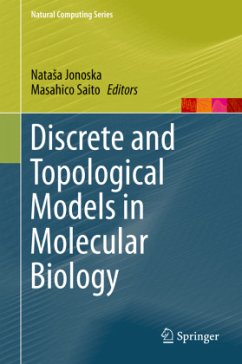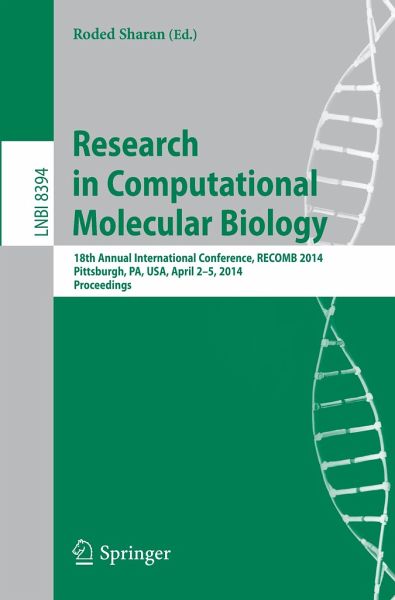
Research in Computational Molecular Biology
18th Annual International Conference, RECOMB 2014, Pittsburgh, PA, USA, April 2-5, 2014, Proceedings
Herausgegeben: Sharan, Roded

PAYBACK Punkte
19 °P sammeln!
This book constitutes the refereed proceedings of the 18th Annual International Conference on Research in Computational Molecular Biology, RECOMB 2014, held in Pittsburgh, PA, USA, in April 2014. The 35 extended abstracts were carefully reviewed and selected from 154 submissions. They report on original research in all areas of computational molecular biology and bioinformatics.





